Kerala health department issues warning as 'brain-eating amoeba' kills 9-year-old
Tue 19 Aug 2025, 00:07:22
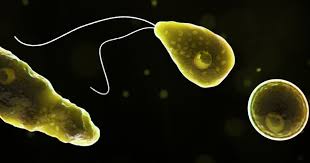
The health department in Kerala’s Kozhikode district issued a warning after three cases, including a death, were reported due to amoebic meningoencephalitis or ‘brain eating amoeba’. A nine-year-old girl died from the infection, while two others are currently undergoing treatment at Kozhikode Medical College. Health department sources confirmed that one of the patients is on a ventilator.
District Medical Officer Dr KK Rajaram emphasised that residents must follow the instructions provided by the health department to prevent further cases.
Amoebic meningoencephalitis occurs when pathogens belonging to the amoeba family, which live freely in water, affect the brain. The disease typically affects individuals who dive or swim in stagnant water. The amoeba can enter the brain either through pores in the thin layer separating the nose and brain or through pores in the eardrum.
The infection has a high mortality rate and is not transmitted from human to human. Symptoms usually appear within five to ten days after exposure and include severe headache, fever, nausea, vomiting, and difficulty turning the neck or looking at light.
Children may show additional signs such as loss of appetite, reluctance to play, lying still, memory loss, seizures, or fainting. The health department advised that anyone with a fever who has recently bathed or swum in stagnant water should inform a doctor immediately.
Children may show additional signs such as loss of appetite, reluctance to play, lying still, memory loss, seizures, or fainting. The health department advised that anyone with a fever who has recently bathed or swum in stagnant water should inform a doctor immediately.
The health department has issued detailed precautions to reduce the risk of infection. Residents are advised to avoid bathing or swimming in stagnant water, use nose clips while swimming, and ensure proper chlorination of water in swimming pools and water theme parks. Diving in unclean water or washing the face and mouth with stagnant water should be avoided. Individuals who have had nose or ear surgery, or those with ear pus, should refrain from diving.
Chlorination of well water should be conducted regularly under guidance from health workers. Swimming pools must be drained completely at least once a week, with thorough scrubbing of floors and sides and proper drying before refilling. Filters should be cleaned, and the pool water must be chlorinated after refilling. Health workers will provide further instructions for chlorination of wells and swimming pools to safeguard public health.
No Comments For This Post, Be first to write a Comment.
Most viewed from Health
AIMIM News
Latest Urdu News
Most Viewed
May 26, 2020
Where should be the burial of the pilgrims martyred in the Saudi Arabia bus accident?
Latest Videos View All
Like Us
Home
About Us
Advertise With Us
All Polls
Epaper Archives
Privacy Policy
Contact Us
Download Etemaad App
© 2025 Etemaad Daily News, All Rights Reserved.

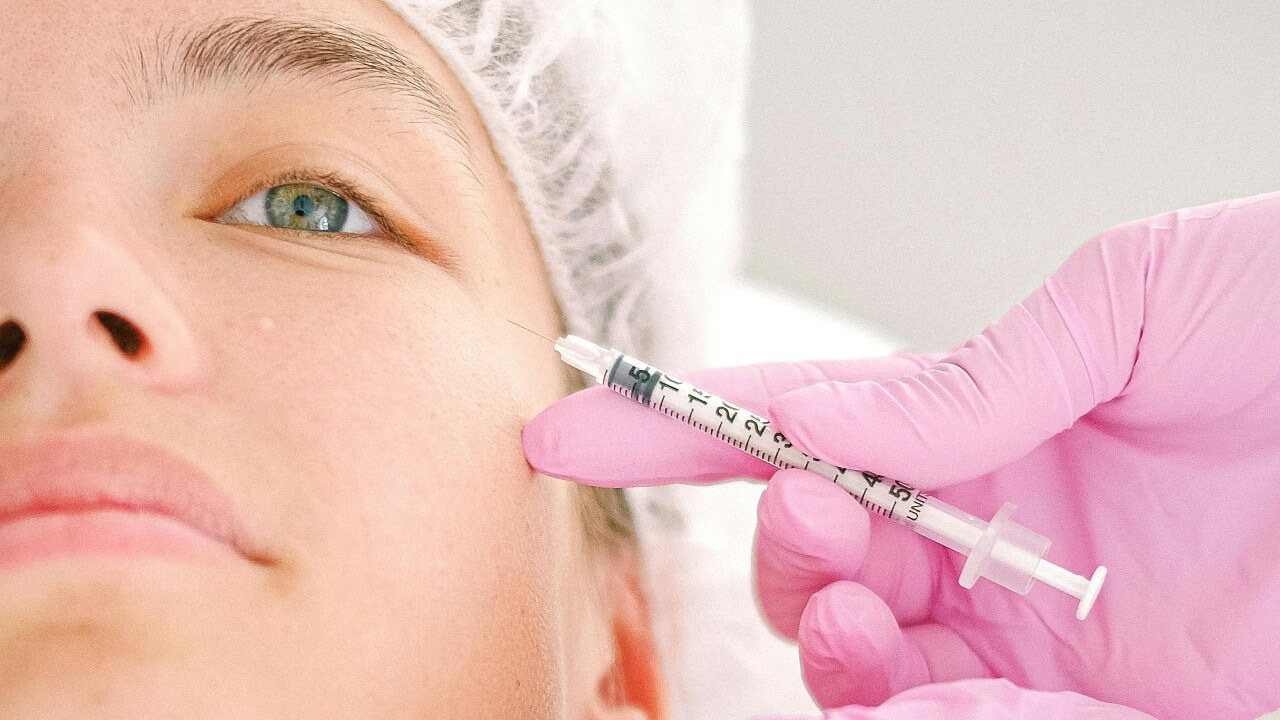


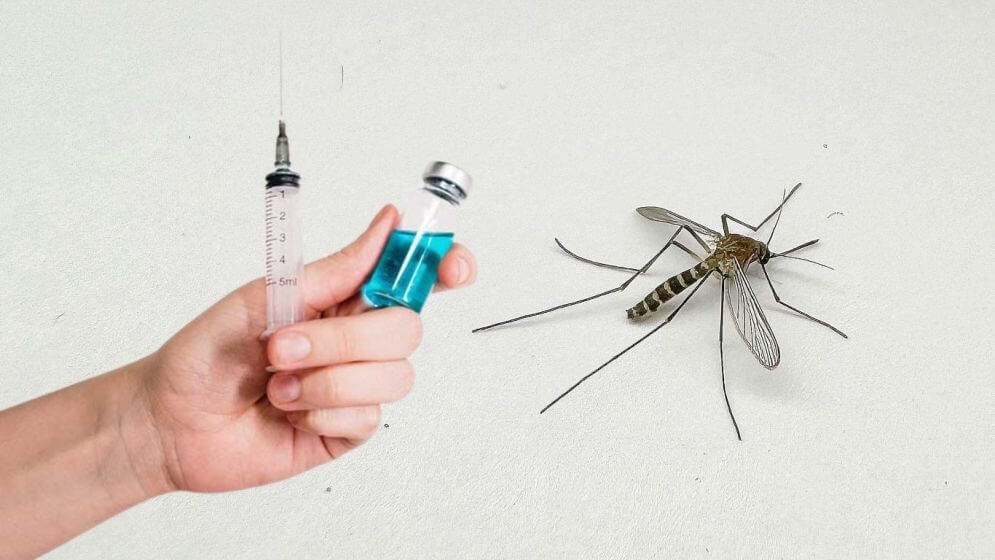


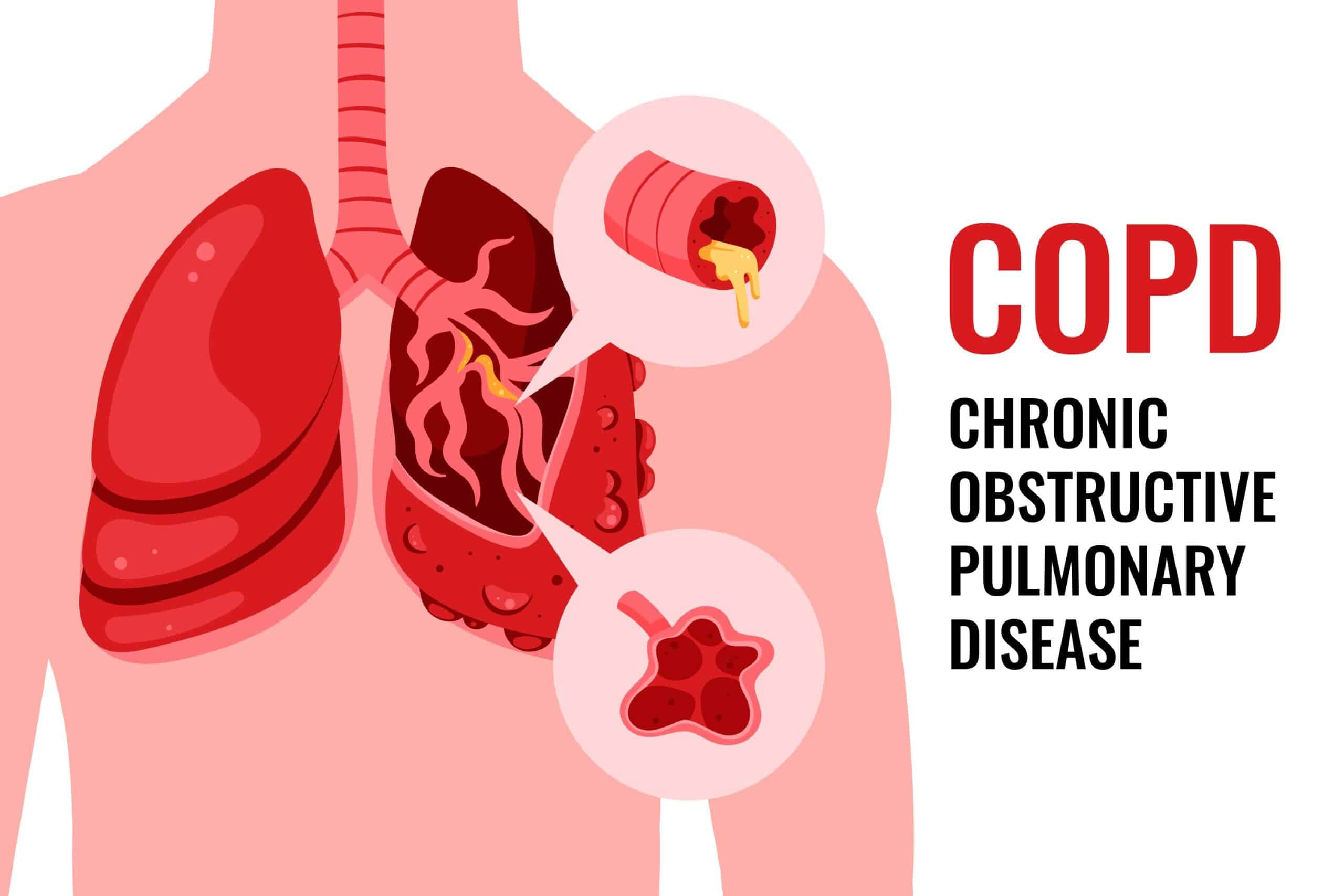



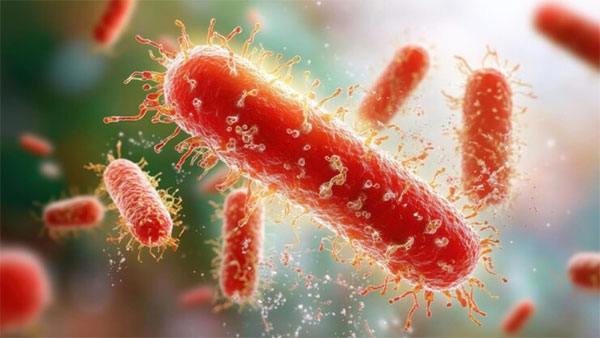













.jpg)
.jpg)
.jpg)


